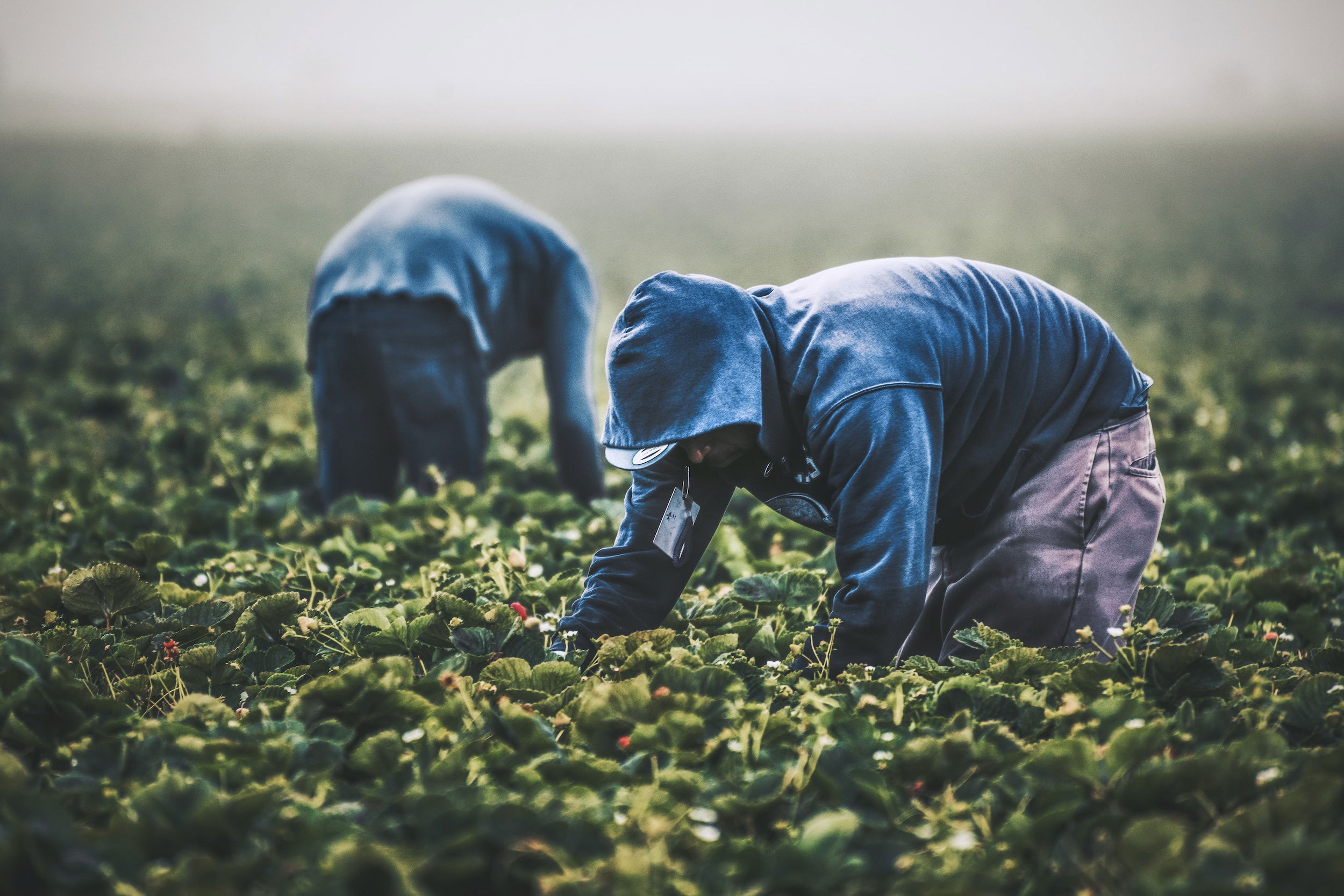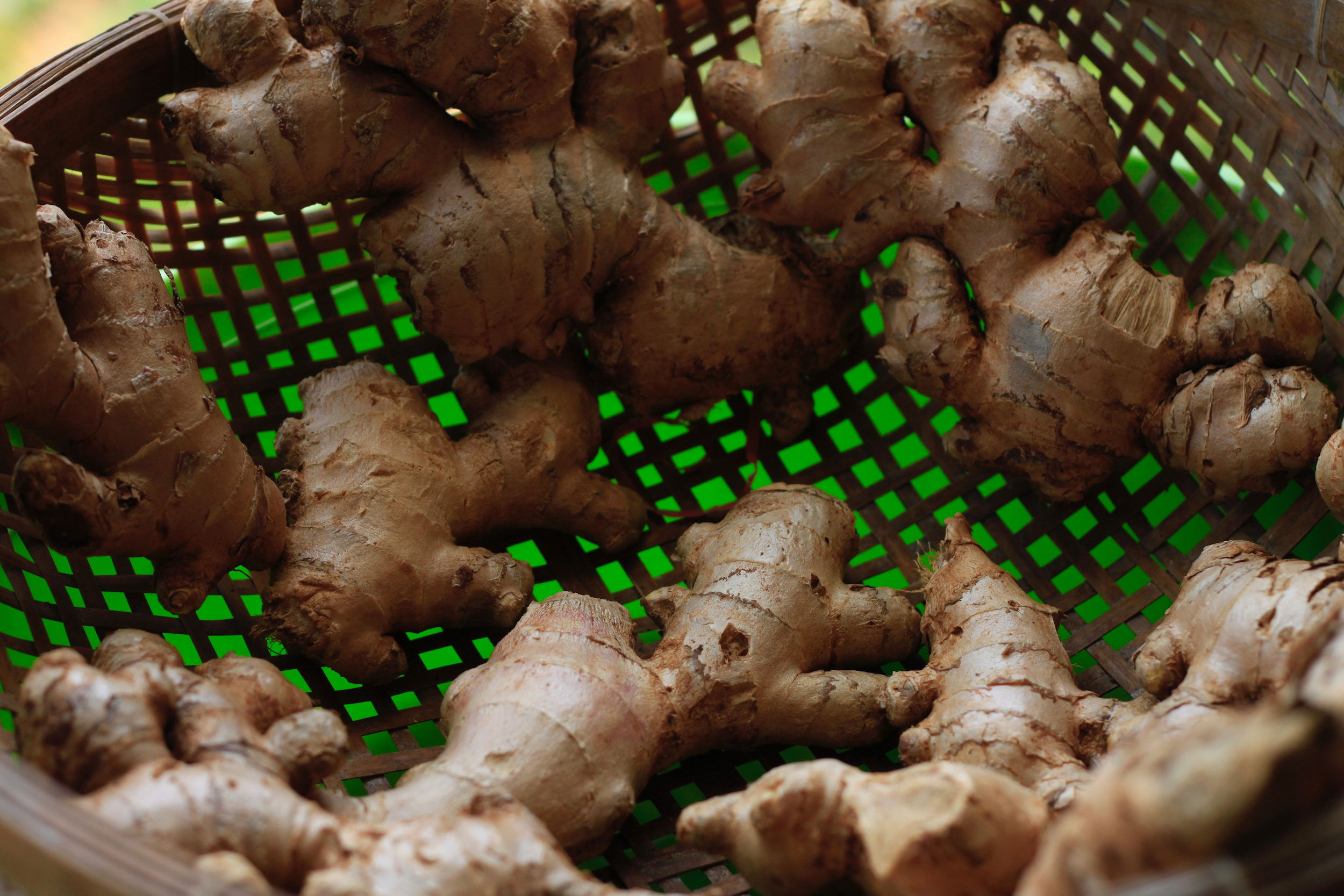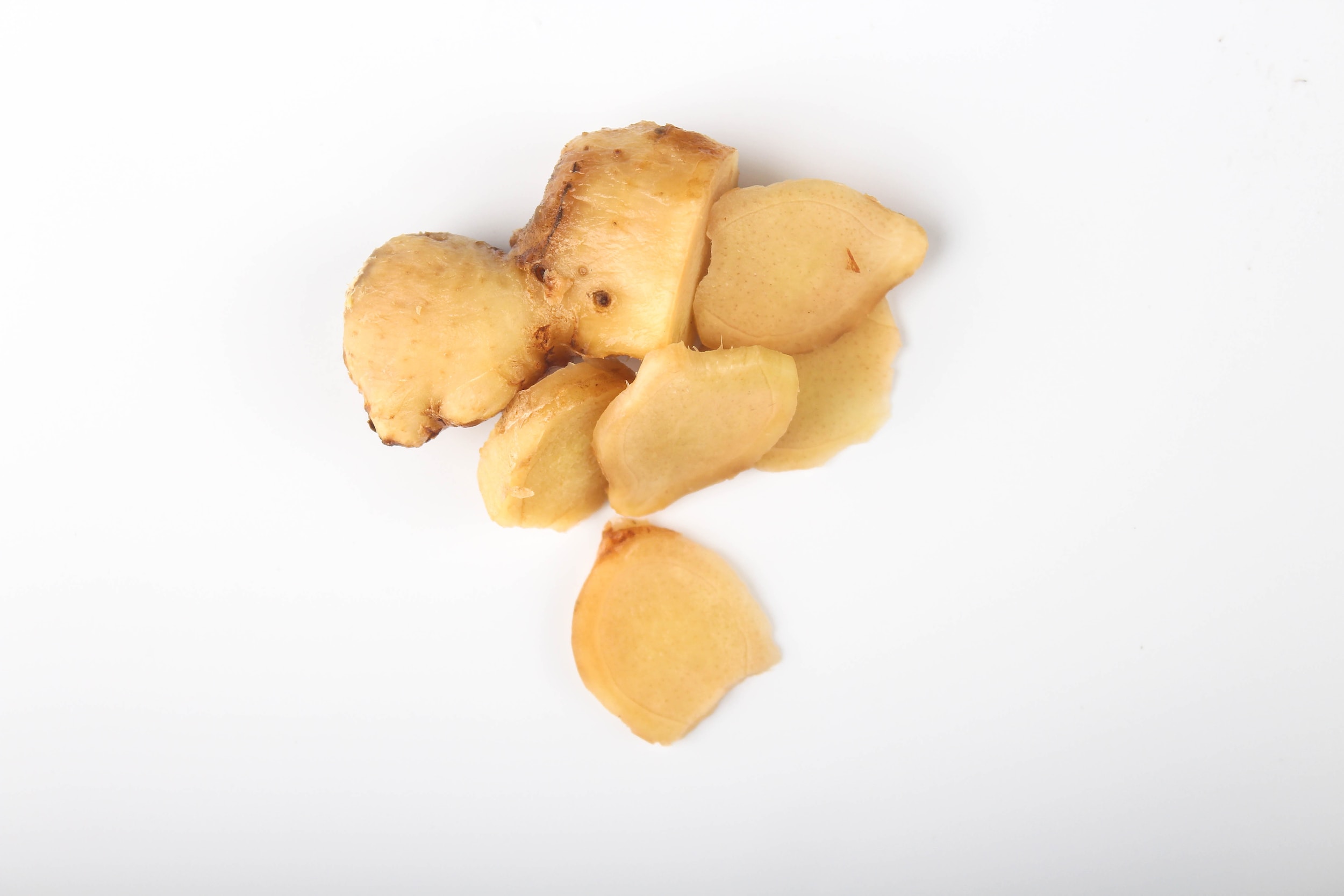Contract farming is a system of agriculture where farmers sign a contract with buyers for the production and supply of specific crops.
Contract farming has become an important aspect of agriculture, providing numerous benefits to both farmers and buyers. One particular crop that has shown potential for contract farming is fresh ginger. Contract farming with fresh ginger allows producers to have a guaranteed market for their crops, access to technology and expertise, and improved access to finance and credit.
- However, there are also challenges and risks involved in the process, such as price volatility and contract breaches. In this article, we will explore the essentials of contract farming with fresh ginger, including the process, benefits, challenges, and best practices for successful implementation.

1. Introduction to Contract Farming with Fresh Ginger
What is Contract Farming?
Contract farming is a system of agriculture where farmers sign a contract with buyers for the production and supply of specific crops. It's an arrangement where farmers commit to growing a particular crop according to specified standards, and the buyer agrees to purchase the produce at a predetermined price.
Why Contract Farming is Important?
Contract farming is a crucial strategy that helps small-scale farmers grow their agricultural businesses. It provides stability and security by guaranteeing that farmers have a market to sell their produce. Additionally, contract farming offers support to farmers by giving them access to technology, expertise, and finance, which they may not have been able to access otherwise.

2. The Benefits of Contract Farming for Ginger Producers
Guaranteed Market for Ginger
One of the main benefits of contract farming for ginger producers is the guaranteed market for their crop. Since they have a contract with buyers, farmers can avoid the risk of fluctuating market prices and ensure that they have a ready market for their produce.
Access to Technology and Expertise
Contract farming provides farmers with access to the latest technology and agricultural expertise. Buyers often supply seeds, fertilizers, and other farm inputs, and offer training on best practices. This support can help farmers to increase production, improve crop quality, and reduce their input costs.
Improved Access to Finance and Credit
Contract farming can provide farmers with improved access to finance and credit. Since they have a contract with a buyer, farmers can use it as collateral to secure loans or credit from financial institutions. This access to finance can help farmers to invest in their farms, expand their operations, and increase production.

3. Understanding the Contract Farming Process for Fresh Ginger
Pre-Contract Stage
During the pre-contract stage, buyers and sellers identify each other, discuss the terms of the agreement, and determine if they are a good fit for each other. The buyer will specify the quality and quantity of ginger they require, and the farmer will determine if they can meet those requirements.
Contract Negotiation Stage
During the contract negotiation stage, both parties negotiate the terms of the agreement, including the price, payment schedule, and quality standards. Once the parties agree on the terms, they sign the contract.
Contract Execution and Monitoring Stage
During the contract execution and monitoring stage, the farmer grows and harvests the ginger according to the specifications in the contract, and the buyer purchases and pays for the ginger. The buyer may also monitor the farmer's compliance with the contract requirements.

4. Essential Elements of a Fresh Ginger Contract Farming Agreement
Parties Involved in the Agreement
The contract should specify the parties involved in the agreement, including the buyer and the farmer. It should also identify any third parties involved, such as suppliers or lenders.
Duration and Termination of Contract
The contract should specify the length of the agreement and the date of expiration. It should also outline the conditions for terminating the contract, such as a breach of the contract terms.
Quality and Quantity of Ginger to be Supplied
The contract should specify the quality and quantity of ginger that the farmer is required to supply. It should also outline any other requirements, such as packaging and delivery schedules. The contract should also specify the price and payment terms.

5. Challenges and Risks Involved in Contract Farming with Fresh Ginger
Price Volatility of Ginger
One of the significant challenges involved in contract farming with fresh ginger is the price volatility of ginger. Ginger prices are highly susceptible to market fluctuations, which can affect the profitability of both the farmer and the buyer. To mitigate this risk, it is essential to have a clear understanding of the market dynamics and have a contingency plan in place.
Contract Breach by either Party
Another risk involved in contract farming with fresh ginger is contract breach by either party. In some cases, the farmer may fail to meet the quality standards, while the buyer may fail to make the payment on time, leading to a breach of contract. To avoid such situations, it is crucial to have a comprehensive contract that outlines the responsibilities and obligations of both parties.
Poor Quality of Ginger Produced
Poor quality of ginger produced can be a significant risk and challenge involved in contract farming. The buyer expects high-quality ginger that meets their specifications, and any deviation from this can lead to a breach of contract. To ensure high-quality ginger, it is crucial for the farmer to adhere to the best agricultural practices and use the right inputs.

6. Best Practices for Successful Contract Farming of Fresh Ginger
Effective Communication and Relationship Building
Effective communication and relationship building are essential for successful contract farming of fresh ginger. It is crucial for both parties to have an open and transparent line of communication to ensure that all contractual obligations are met. Building a good relationship between the farmer and the buyer can help to mitigate any issues that may arise during the contract period.
Transparency in Contract Negotiations and Execution
Transparency is another essential best practice in contract farming with fresh ginger. Both parties should have a clear understanding of the terms and conditions of the contract, including the price, quantity, quality, and delivery schedule. Any changes to the contract should be communicated in writing and agreed upon by both parties.
Regular Monitoring and Evaluation of Contract Performance
Regular monitoring and evaluation of contract performance are crucial for successful contract farming of fresh ginger. Both parties should have a system in place to monitor the quality, quantity, and delivery schedule of the ginger produced. Any issues should be identified and addressed promptly to ensure that the contract is being executed as per the agreed terms.

7. Conclusion and Future Outlook for Contract Farming with Fresh Ginger
Successful Examples of Contract Farming with Fresh Ginger
Despite the challenges and risks involved, there have been many successful examples of contract farming with fresh ginger. These success stories showcase the potential of contract farming to benefit both the farmer and the buyer.
Potential for Growth and Expansion of Contract Farming
With the increasing demand for fresh ginger, there is a significant potential for the growth and expansion of contract farming. Contract farming offers many benefits, including access to technology, finance, and market opportunities, which can help small farmers improve their livelihoods.
As such, contract farming with fresh ginger has a bright future and can serve as a model for other agricultural commodities. In conclusion, contract farming with fresh ginger has shown great potential for providing benefits to both farmers and buyers.
Implementing best practices such as effective communication, transparency, and regular monitoring and evaluation can help to mitigate the risks and challenges involved in the process. As demand for fresh ginger continues to grow, contract farming can provide a sustainable and profitable solution for ginger producers and buyers alike.

FAQ
What is contract farming?
Contract farming is an agreement between farmers and buyers, where the farmers agree to produce a certain crop and the buyers agree to purchase it at a predetermined price and quantity.
Why is contract farming important for fresh ginger producers?
Contract farming can provide fresh ginger producers with a guaranteed market, access to technology and expertise, and improved access to finance and credit, among other benefits.
What are the risks involved in contract farming with fresh ginger?
Price volatility, contract breaches, and poor quality of ginger produced are some of the risks involved in contract farming with fresh ginger.
What are some best practices for successful contract farming of fresh ginger?
Effective communication and relationship building, transparency in contract negotiations and execution, and regular monitoring and evaluation of contract performance are some of the best practices for successful contract farming of fresh ginger.
